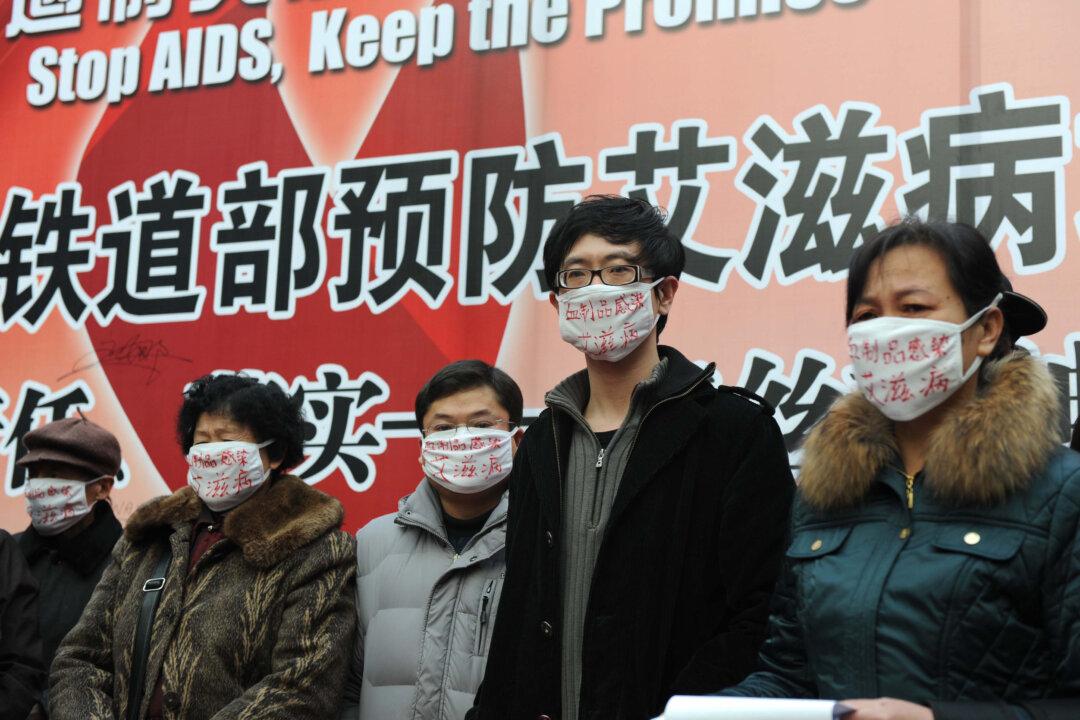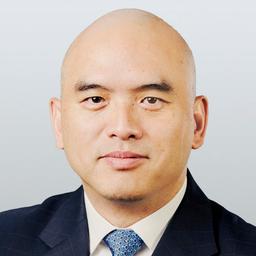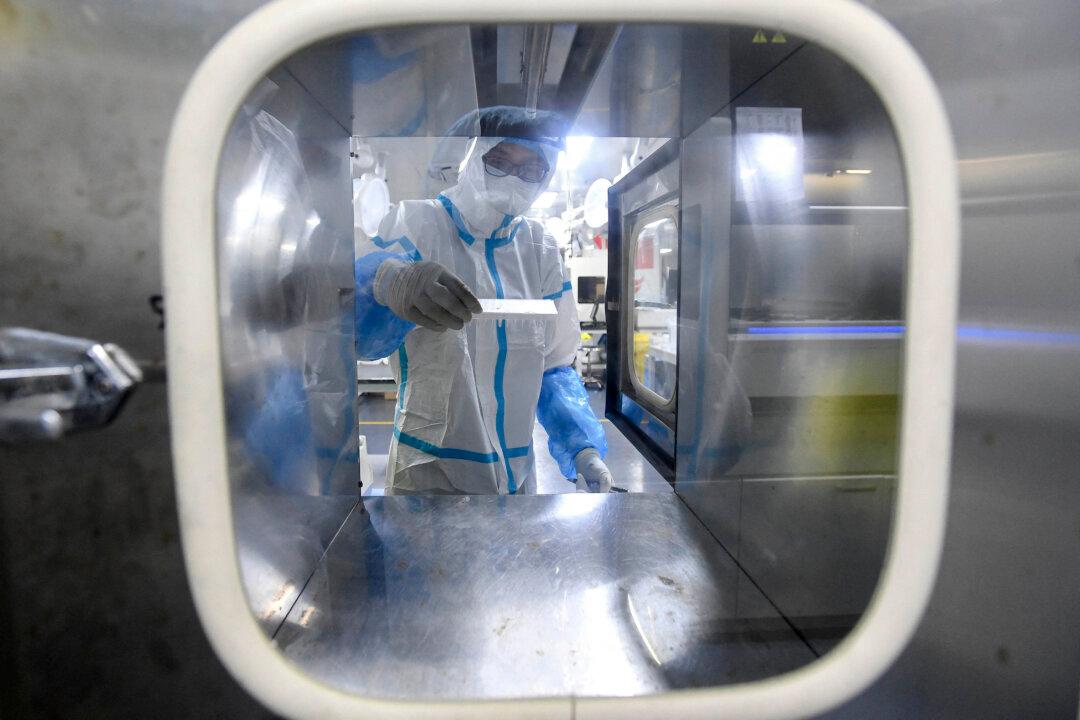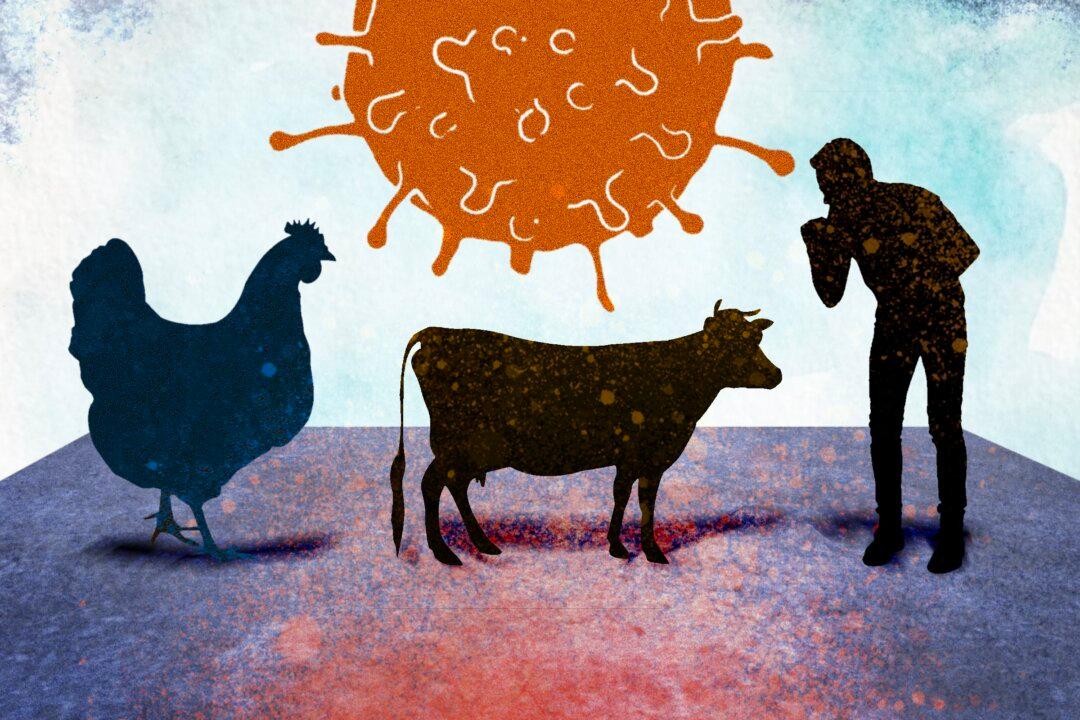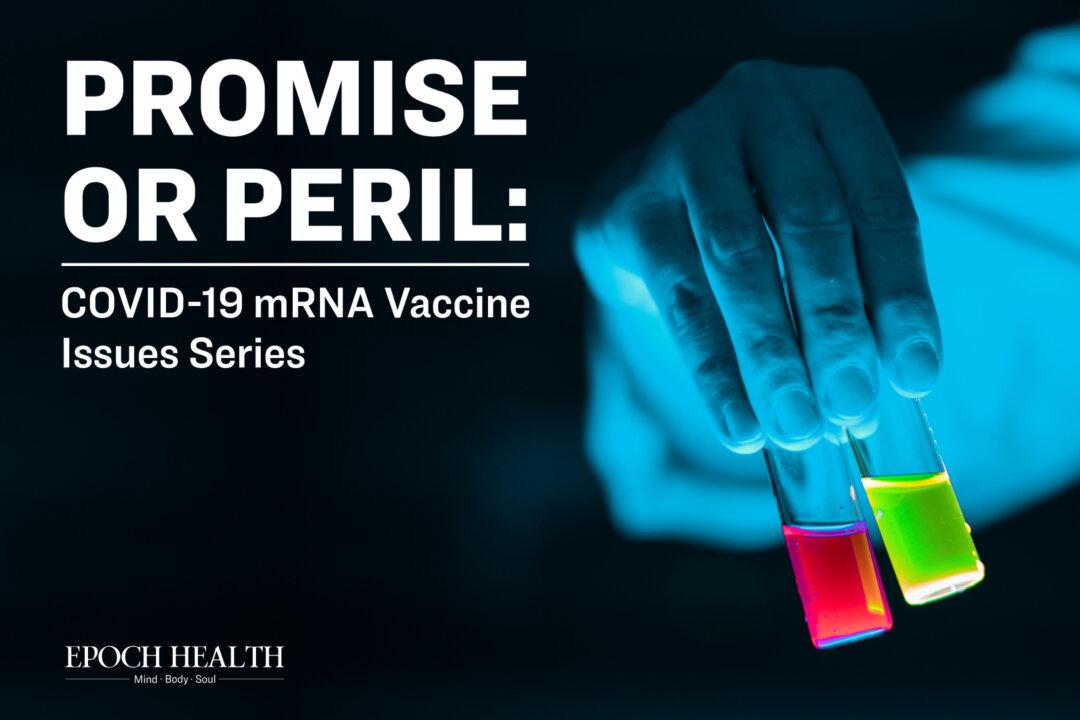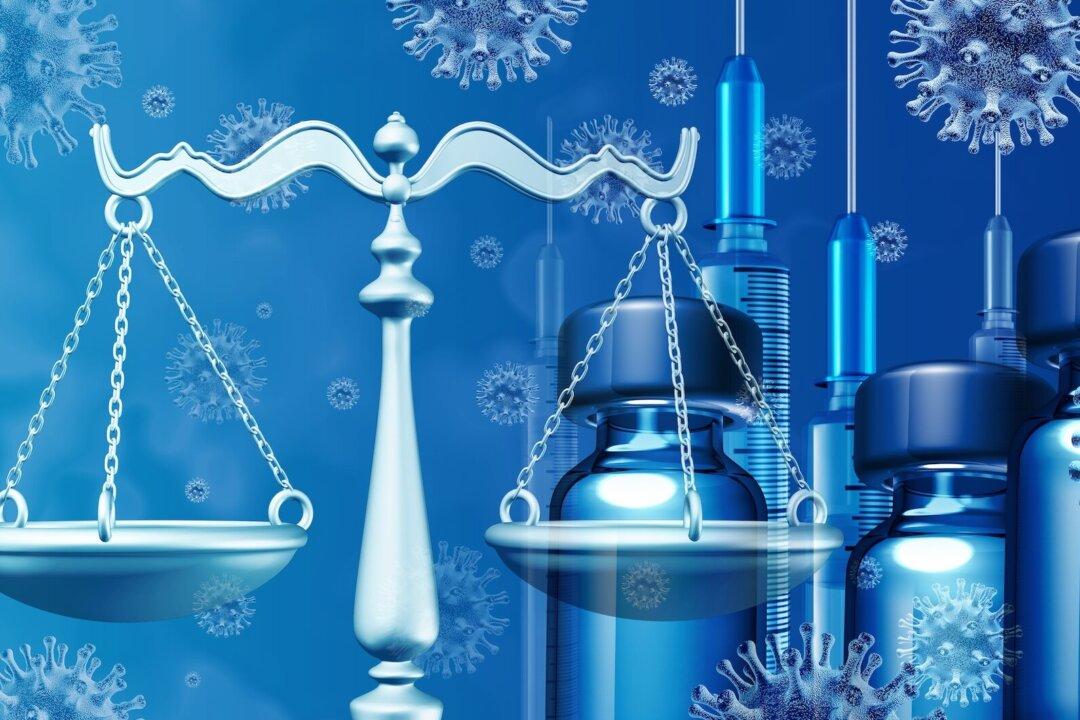News Analysis
China’s National Health Commission issued on Feb. 5 an order to recall a batch of human immunoglobulin for intravenous injection, for possibly being contaminated with HIV (tested Positive for anti-HIV antibodies). One baby in Jiangxi Province injected with this batch of human immunoglobulin was also tested positive for HIV antibodies. The Shanghai Medical Products Administration identified that the contaminated batch was identified as number 20180610Z, which was made by China Meheco Xinxing Pharma Co. This suspected batch consisted of 12,226 units, due to expire in 2021.This quickly triggered another wave of public outrages for the concerns of medical product safety in China, as scandals about contaminated rabies vaccine and using expired polio vaccine products for infants were exposed in the last few months in China.
